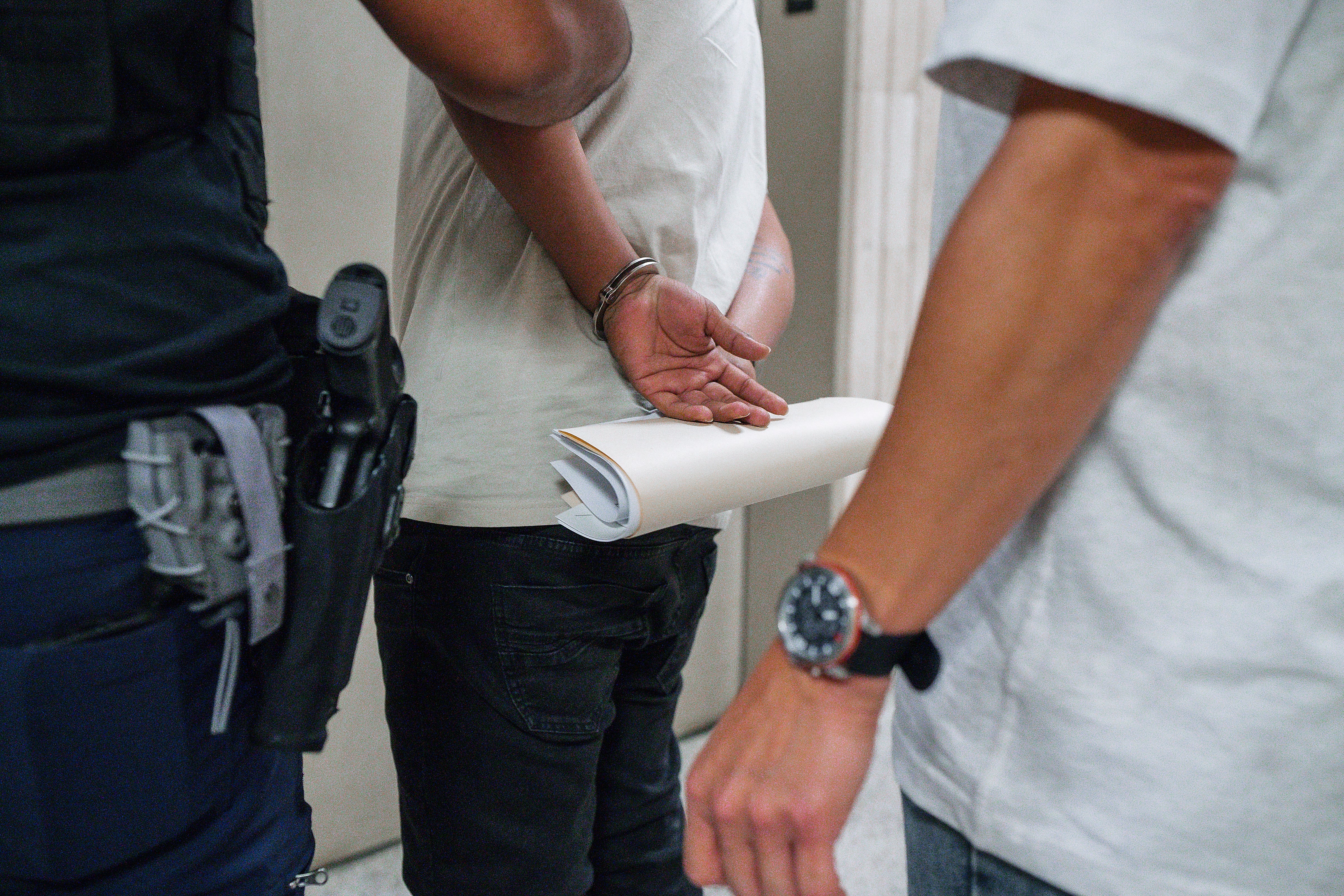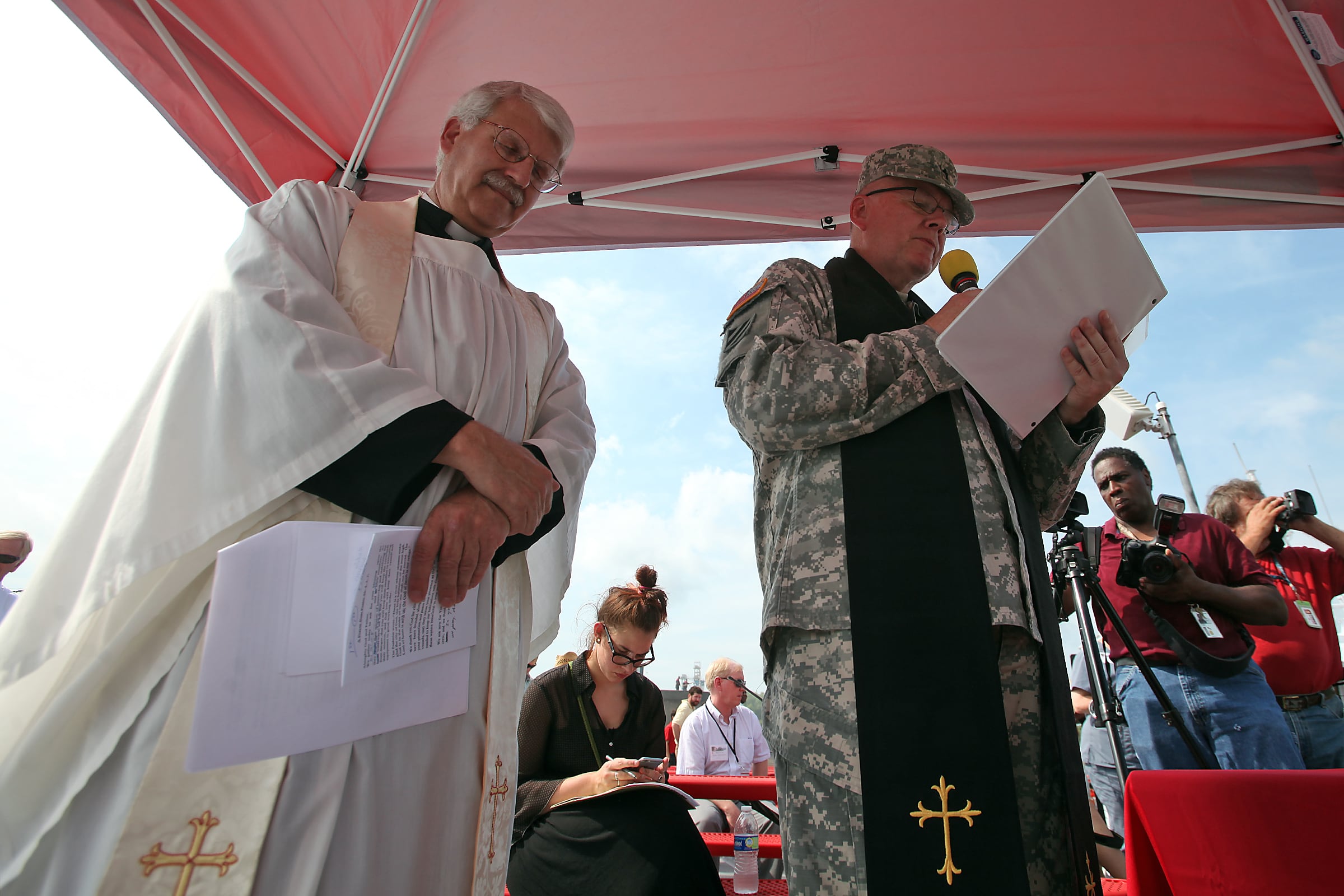The Navy will offer sailors basic allowance for housing, or BAH, based on where their dependents are located if they choose to leave their settled families at their previous duty station, under a new policy announced Wednesday.
The about-face comes as the Navy assesses a variety of quality-of-life initiatives across the service to alleviate some burdens of military life, and it represents a departure from previous policy that only allowed sailors to collect BAH at their current duty station.
This new change, issued in a naval administrative message on Wednesday, states that families may collect their BAH at one location — either the former duty station, or another previously approved dependent location.
“Members are only authorized to receive a single housing allowance under this authority,” the NAVADMIN said. “If receiving a housing allowance for their dependent’s location, the member will not receive a housing allowance for their [permanent duty station].”
RELATED

Housing allowance based on where the dependents are located doesn’t apply to families outside the continental United States, Alaska, or Hawaii.
The NAVADMIN warns that sailors could not rely on unaccompanied government quarters, or barracks, when deciding to separate from their families, and may need to foot the bill for a second home.
“Members approved under this authority are only authorized to occupy unaccompanied government quarters on a space available basis,” the NAVADMIN said. “Service Members should note that unaccompanied government quarters are limited and should not be relied upon in their financial calculations.”
The policy applies to all Navy sailors and families, and takes effect on Oct. 1.
The change comes months after the Navy signed off on a policy allowing sailors who were completing a professional military education program or classes away from their duty station to collect an additional allowance to cover housing costs at both locations.
That policy, separate from BAH, aimed to reduce financial stressors on sailors so they wouldn’t be forced to pay for two homes. As a result, it allows them to receive a daily stipend while undergoing their required training.





